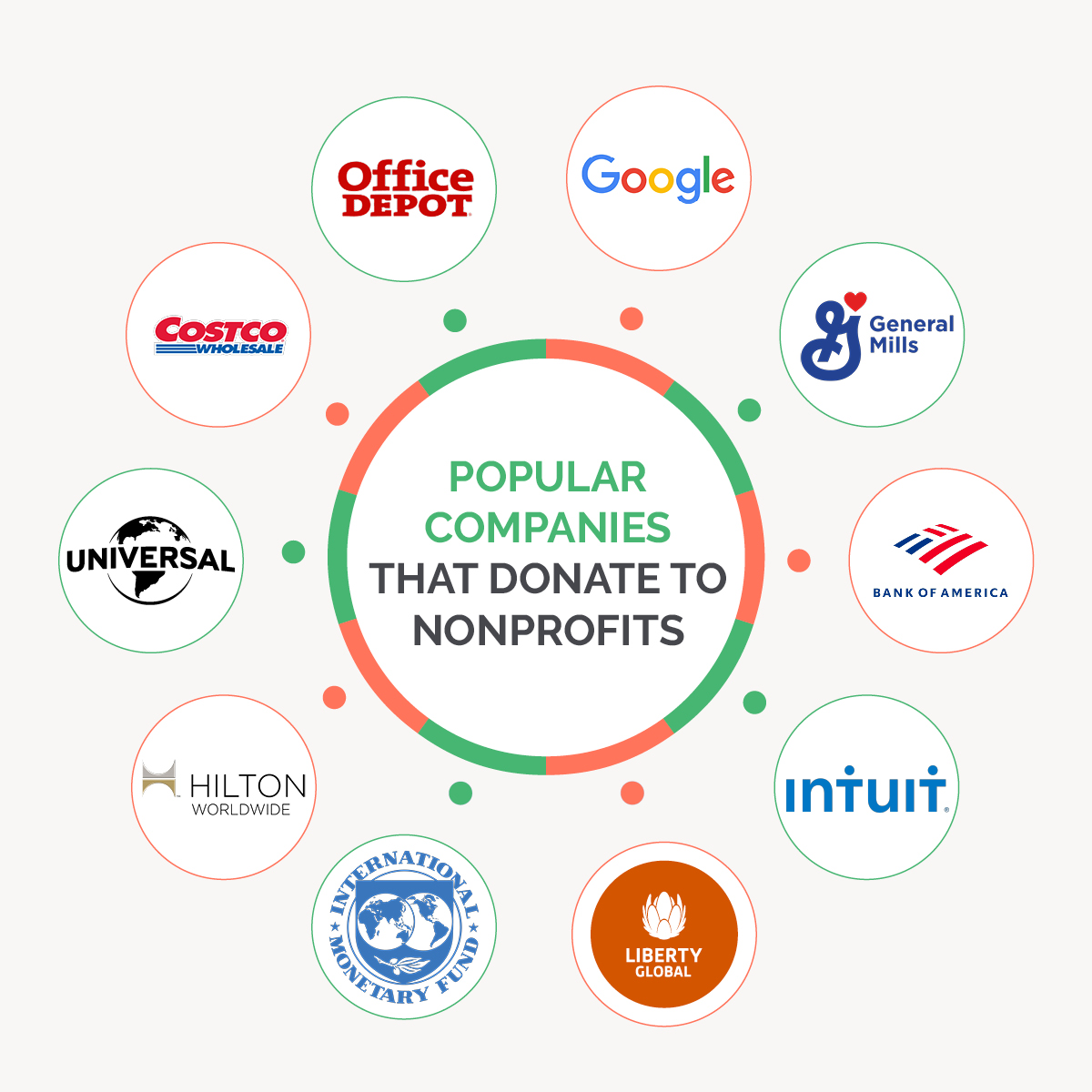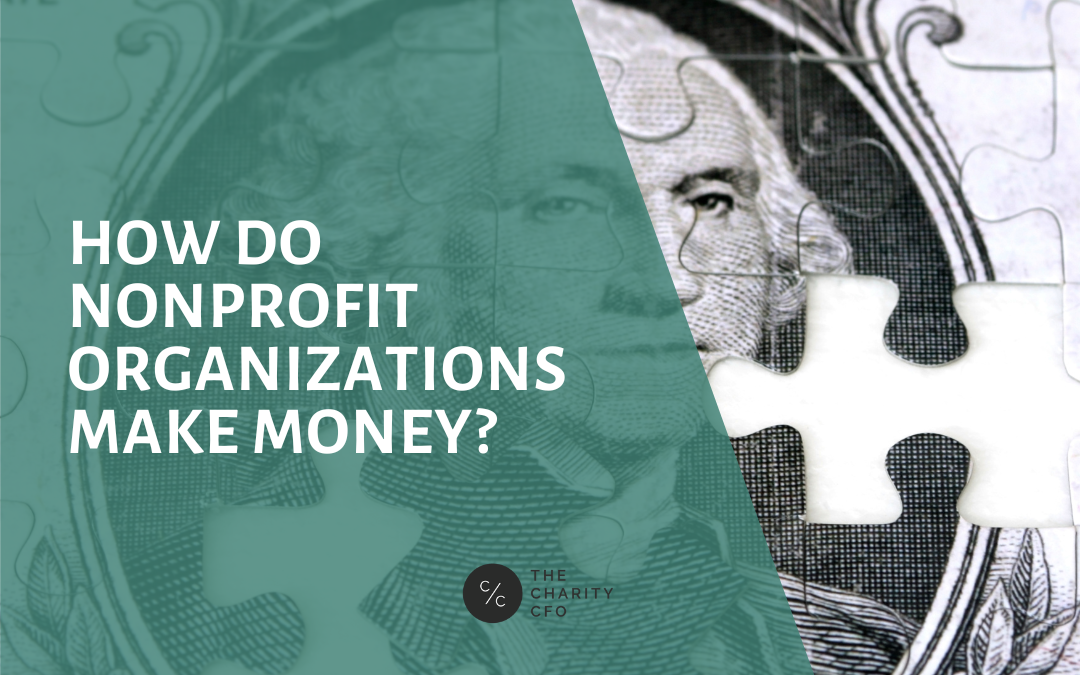Nonprofit Firm: Specialist Services for Effective Fundraising and Growth
Nonprofit Firm: Specialist Services for Effective Fundraising and Growth
Blog Article
Exploring the Diverse Functions and Responsibilities of a Nonprofit Company in Dealing With Social Issues and Encouraging Adjustment
Not-for-profit companies offer as vital representatives of adjustment within society, tackling a myriad of social problems with complex techniques. Their obligations extend past simple service stipulation; they engage in campaigning for, resource mobilization, and neighborhood outreach, often acting as a bridge in between marginalized populaces and important solutions.
Understanding Nonprofit Company Roles
The performance of nonprofit agencies pivots on a clear understanding of their varied duties within culture. Not-for-profit firms commonly function as solution companies, delivering necessary programs and resources to underserved populaces.
Furthermore, nonprofits play an essential duty in advocacy, elevating awareness and influencing plan decisions that influence their areas. By engaging in research and public education and learning, these companies assist form public discourse and advertise informed decision-making - nonprofit agency. They additionally act as platforms for volunteerism, activating community participants to add their time and skills towards cumulative objectives
Moreover, not-for-profit companies typically work as conveners, combining varied stakeholders to foster partnership and collective effect. This collective approach boosts their ability to attend to complex social problems effectively. Comprehending these multifaceted duties is important for maximizing the capacity of nonprofit agencies in developing lasting social change and enhancing general neighborhood health.
Neighborhood Interaction and Outreach
Efficient neighborhood engagement and outreach are essential components of not-for-profit agencies' strategies to cultivate connections and construct count on within the areas they serve. These initiatives concentrate on recognizing neighborhood requirements, promoting awareness of offered sources, and motivating engagement in programs made to address social issues. Nonprofit companies use a range of approaches to involve with community members, such as workshops, informational sessions, and joint occasions.
Outreach efforts serve to strengthen partnerships with diverse populations, particularly marginalized teams who may face obstacles to accessibility. By using culturally relevant communication approaches and leveraging local partnerships, nonprofits can boost their presence and demonstrate their dedication to community empowerment. This approach not just cultivates a feeling of belonging however also enhances the chance of continual engagement.
In addition, effective community engagement exceeds plain involvement; it entails proactively listening to neighborhood participants' feedback and integrating their understandings right into program advancement. This collective process ensures that the services used are receptive, pertinent, and tailored to the distinct difficulties encountered by the area. Ultimately, fostering strong connections via engagement and outreach can result in even more impactful treatments and a greater collective effort towards advertising positive social modification.
Campaigning For and Policy Influence
Advocacy serves as an important mechanism for not-for-profit companies to influence public law and drive systemic adjustment. By leveraging their expertise and area understandings, these organizations can effectively stand for marginalized populations and address pressing social issues. Nonprofits engage in campaigning for with various approaches, including public awareness projects, grassroots mobilization, coalition structure, and direct lobbying of policymakers.
Via these efforts, not-for-profit companies aim to form regulation and policy structures that straighten with their objective and the requirements of the communities they offer. They perform study, gather data, and share compelling narratives to highlight the urgency of specific concerns, guaranteeing that decision-makers are notified and inspired to act. This procedure not just intensifies the voices of those affected by social injustices but likewise promotes a more fair and inclusive policymaking setting.
Additionally, advocacy efforts usually look for to create long-term architectural changes, dealing with source instead of just relieving signs. By prioritizing policy directory impact, not-for-profit companies add to a wider understanding of social obstacles and promote remedies that can lead to sustainable improvements in societal well-being. Inevitably, advocacy is essential to the transformative duty nonprofits play in creating a simply and fair society.
Fundraising and Resource Monitoring
Not-for-profit companies count on durable fundraising and resource management approaches to sustain their advocacy initiatives and sustain their missions. Effective fundraising is vital for making sure the schedule of funds required to apply programs and activities that resolve pushing social issues. This process typically includes diversifying income streams with gives, specific donations, company sponsorships, and fundraising events. By using a multi-faceted technique, nonprofits can minimize the risks connected with dependence on a solitary funding source.
Source management is similarly crucial, as it involves the calculated allowance of both human and economic sources to make best use of influence. Nonprofits must develop budgets that align with their goals while making sure openness and liability to stakeholders. This involves routine tracking of expenses and changing approaches as needed to maximize resource use.

Partnership and Partnerships
While many companies pursue their goals separately, collaboration and partnerships can significantly enhance the effectiveness of nonprofit firms. By collaborating with other nonprofits, federal government entities, and economic sector companies, nonprofits can pool resources, share knowledge, and magnify their influence on social concerns. Collaborative efforts often cause cutting-edge solutions that might not be possible individually, leveraging the toughness of each partner to resolve complicated obstacles.

Inevitably, reliable cooperation calls for clear interaction, shared objectives, and common regard amongst companions. By welcoming a participating strategy, not-for-profit firms can develop lasting networks that not just address immediate social issues however likewise add to long-term systemic change, promoting click for more a much more equitable culture. With cooperation, nonprofits can prosper and maximize their capacity for significant impact.
Conclusion
Nonprofit firms offer as vital entities in fostering and dealing with social issues adjustment within neighborhoods. Eventually, the diverse functions of nonprofit firms dramatically add to the search of social justice and the enhancement of area wellness.
Understanding these multifaceted functions is critical for making the most of the capacity of not-for-profit firms in creating lasting social adjustment and enhancing general area well-being.
Effective neighborhood involvement and outreach are fundamental components of nonprofit companies' methods to cultivate links and build depend on within the areas they offer. By working together with various other nonprofits, government entities, and personal market companies, nonprofits can merge sources, share experience, and enhance their impact on social concerns.Not-for-profit firms offer as crucial entities in dealing with social problems and fostering modification within neighborhoods - nonprofit agency. Ultimately, the multifaceted duties of not-for-profit companies substantially contribute to the pursuit of social justice and the renovation of area wellness
Report this page